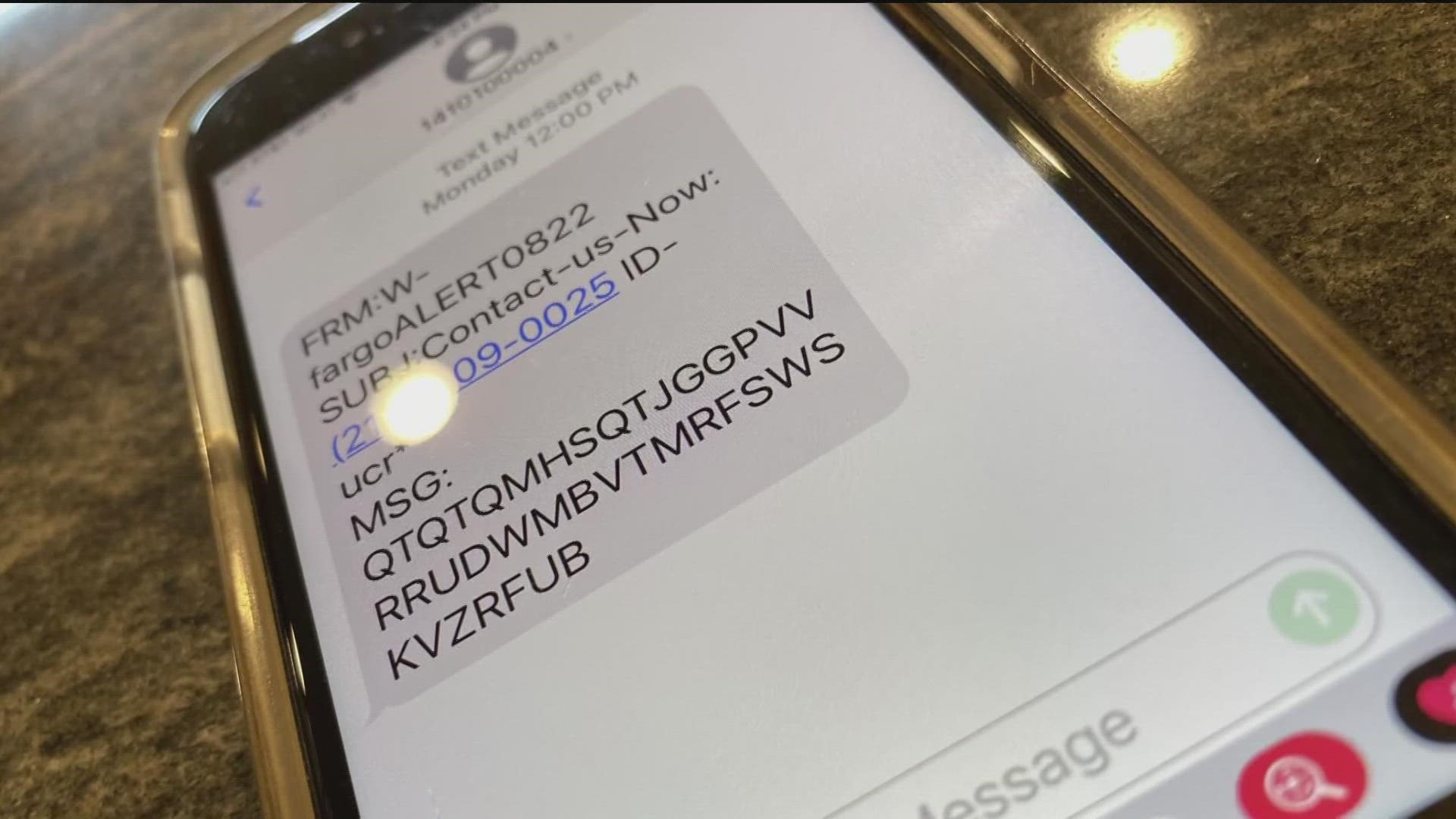SAN DIEGO — One year after the federal government implemented a new law to crack down on robocalls, a new problem is on the rise.
CALPIRG Education Funds, an Oakland-based nonprofit that specializes in consumer issues, released a report on Tuesday, which highlights the progress made since the Federal Communications Commissions' Traced Act was passed.
The federal law requires communication service providers to implement anti-robocall technology to put an end to the calls that cost consumers billions in dollars a year.
"More phone companies are blocking scam calls and labeling them as ‘likely spam’ which is an encouraging sign," said Sander Kushen, CALPIRG state advocate.
In the year following the Traced Act, the total number of robocalls across the nation is down by about 50%. That’s because the number of phone companies that have adopted the required technology has quadrupled.
However, the report shows, another problem is emerging; robotexts.
"The progress we’ve seen with robocalls is completely wiped away by the ridiculous increase in robotexts," said Kushen.
The report shows that while robocalls have dropped from 2.1 billion to 1.1 billion in the last year, robotexts have increased from 1 billion to 12 billion per month in the same time period.
Kushen says that’s because of how difficult it is to spot a text when compared to a phone call.
"It’s hard to get the human voice to sound like a human voice if it’s a robot, it’s easy to compose a quick text message with a common issue or problem like a delivery. It's really dangerous and these robocalls can go out automatically and be sent to thousands or millions at a time," said Kushen.
The top scam texts of 2021 were those impersonating deliveries. With 26% posing as Amazon, the Postal Service, FedEx, or UPS.
Other top scams include COVID-19, banking information, Apple sweepstakes and healthcare text messages.
Kushen says more needs to be done to address scams by text.
"The law, again, it was a good start, but it needs to be enforced particularly with smaller phone providers and gateway providers who allow robocalls from international places and we need to address robotexts, the law doesn’t apply to texts at all at this point, so the FCC really needs to crack down on that end," said Kushen.
To protect yourself, it’s recommended that you don’t answer calls or texts from unknown numbers, no matter how urgent the message may sound.
And if you do receive a call or text, report it to the FCC.
To read the full report click here:
WATCH RELATED: Phone companies responsible to protect consumers from robocalls (September 2021)

